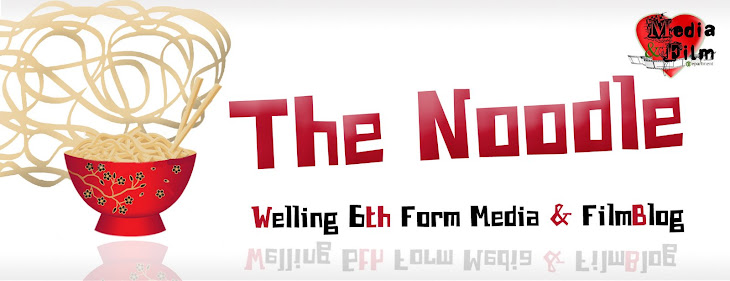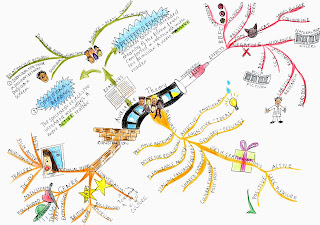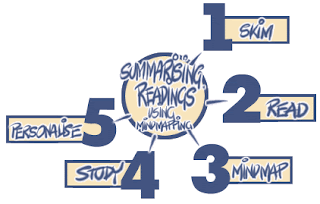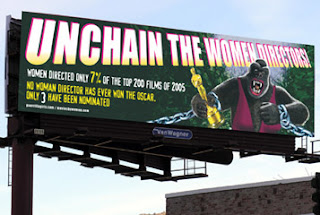
Week Beginning 1st December 2008
http://uk.youtube.com/watch?v=Ex4XGiyJugY&feature=relatedI am absolutely thrilled that you have managed to shoot the rushes for your short films and I have particularly enjoyed looking at Tara and Jake's blogs where they have documented their filming processes. Check them out - they are both fantastic! The focus of this week is therefore going to be looking at post production technique - editing. Although you are ambitious, we are going to begin with i-movie because if you can edit well here without all the amazing frills of 'Final Cut Pro', you can edit on any software. Editing is a craft that needs to be learnt without frills first. Once competent here, you can graduate to 'Final Cut'. We are going to be watching the first installment of a BBC4 documentary in this week's lesson entitled: 'The Cutting Edge'. I have decided to post it here alongside part 2 for you to watch at your leisure.
Part 1
http://uk.youtube.com/watch?v=xJcQgQHR78QPart 2:
See you on Tuesday x




























